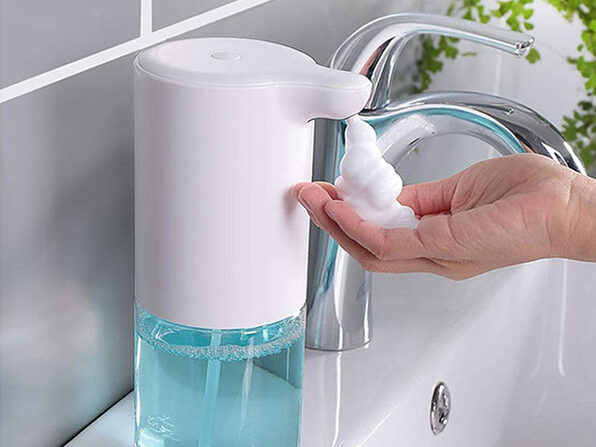It’s frustrating to feel like you have a urinary tract infection, but your test comes back negative. Similarly, you might have a positive test and take steps to eliminate your symptoms, but they persist. You take another test, and, confusingly, it is negative. What’s up with these results that are probably false?
UTI Tests Can Be Flawed
Fact: UTI tests are not the most accurate. Astonishingly, they are only 30% to 50% reliable. That’s why many medical professionals prescribe antibiotics for UTIs without conducting a test.
Problems with Diagnosis and Treatment
Medical professionals rely on recognizing UTI symptoms because the tests are so inaccurate. However, that doesn’t explain why professional treatments often fail. As many as 44% of women get a recurrence of an initial UTI. That number is way too high and provokes the question, what causes recurrent UTIs?
They recur for two main reasons. For one, bacteria are surprisingly resilient. To evade a round of antibiotics, they can attach themselves to the bladder wall, form biofilm and hide. Later, they’re able to emerge and cause a new infection. The other reason is that new bacteria may enter the urethra and result in a new infection. That’s why, to avoid getting a UTI after intercourse, you should urinate as soon and as fully as possible to get rid of any bacteria.
Back to these negative tests: These false results occur mainly because of the bacteria hiding out. The tests don’t detect their sneaky presence.
UTI Prevention
UTIs can be tricky to treat, so prevention deserves even more of an important role. But what is the best UTI prevention? The following habits help tremendously:
- Urinate right after having sex
- Wear cotton underwear to reduce the chances of moisture getting trapped and promoting the growth of bacteria
- Eat fewer processed foods, and consume less caffeine, alcohol, sugar, meat and dairy, as they could increase the pH in your bladder
- Avoid baths, especially if you’re prone to UTIs (the chemical products used in many baths can lead to infection)
- Change your birth control methods if you keep getting UTIs (spermicidal jelly, unlubricated condoms and diaphragms increase UTI risk)
- Reduce or eliminate your use of a douche
It may also be a good idea to get your hormone levels evaluated. Women with decreasing estrogen levels are more at risk of UTIs, and this can really affect women going through menopause and women with a history of hormonal imbalances. The good news is that estrogen supplements may keep potential UTIs at bay.
Another recommendation is to try natural products focused on UTI prevention. Some are made to help even if you’re not sure what is causing the UTIs. Meanwhile, some products are designed for women who have taken antibiotics in the past six months. Of course, there are also products for women who frequently get UTIs, know the reason(s) and want to prevent further recurrences. They may need to drink the product after sex or after experiencing a trigger for their UTIs. Start exploring the use of these products today.











